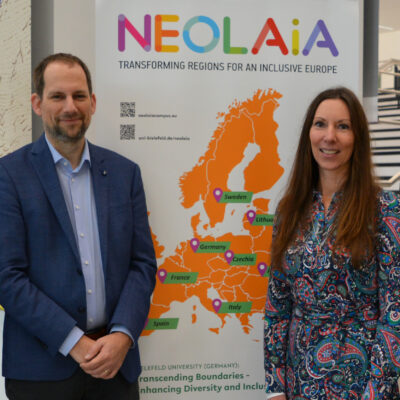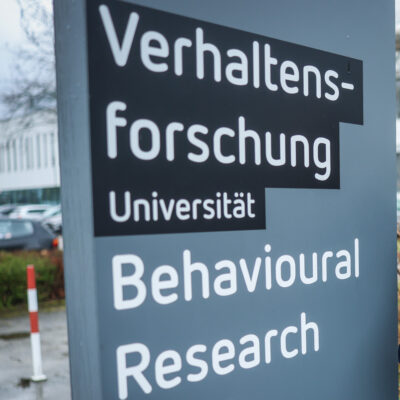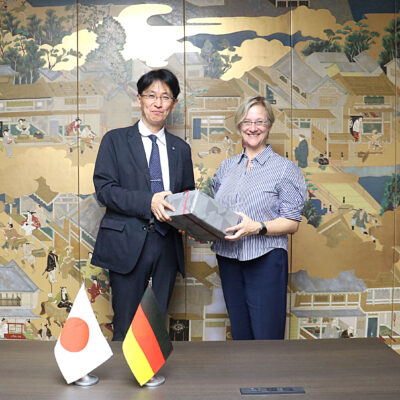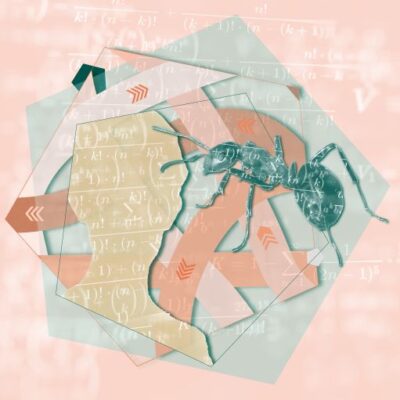The NEOLAiA consortium, which includes Bielefeld University among its nine member universities, unfortunately did not prevail in this year’s round of the 2022 ‘European Universities Initiative,’ a competitive funding programme from the EU. Following evaluation involving an international panel of independent experts, was recognised as a high quality proposal in a highly competitive evaluation process but could not receive funding due to budgetary constraints and is therefore recommended by the European Commission for funding by other sources.
‘Nevertheless, the positive feedback we received on our application and the dynamism of this network have inspired us to continue on our path: we will re-enter the race with a new and improved application,’ says Professor Angelika Epple, Vice-Rector of Research and International Affairs, who coordinates Bielefeld University’s cooperation with the nine partner universities of the consortium. Consortium partners hail from a total of nine European countries.
The NEOLAia consortium includes Bielefeld University, the University of Jaén (Spain), which serves as coordinator of the network, the University of Nicosia (Cypress), Örebro University (Sweden), the University of Ostrava (Czech Republic), the University of Salerno (Italy), the ‘Stefan-cel-Mare’ University of Suceava (Romania), the University of Tours (France,) und Šiauliai State University of Applied Sciences (Lithuania). Consortium members are young and ambitious institutions of higher learning, small to medium in size, that are particularly committed to serving regional social and economic needs. NEOLAia operates under the motto of ‘young universities empowering regionally rooted European talent.’ The name NEOLAiA comes from the Greek word for ‘young people.’
The network, which was launched in 2019, is structured around a number of different work packages for which the individual universities are responsible. Work packages include international mobility of students and instructors; teaching; research; entrepreneurship; interculturalism and multilingualism; diversity and inclusion; digital transformation; and sustainability.
Bielefeld University is coordinating the work package in ‘Diversity and Inclusion.’ The goal of the network partners is to create structures for collaboration among participating institutions and to generate synergies in these areas. In the medium to long-term, this cooperation is intended to enhance the competitive position and global standing of member universities.
More information is available online at:
European-Universities-Initiative




